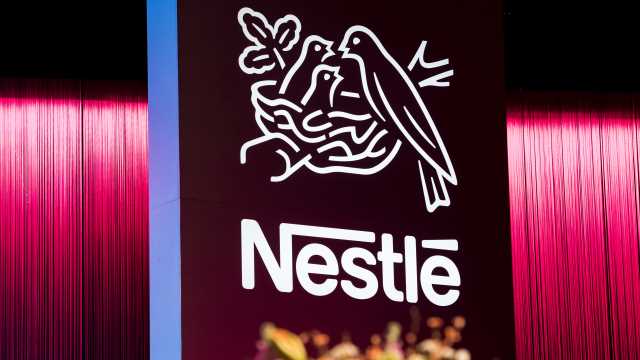In view of the ongoing economic situation, the Nestlé Group plans to raise the prices for its products. Popular brands such as Maggi, Wagner, Buitoni or After Eight could also be affected.
The food giant Nestlé did significantly more business than expected in the first quarter, mainly thanks to higher prices. In view of the rising costs for raw materials and logistics, the group also wants to raise prices further. “Cost inflation continues to rise sharply, which is why further price adjustments and containment measures will be necessary over the course of the year,” said CEO Mark Schneider on Thursday, according to the announcement. The management maintained its growth targets for the year.
The Nestlé range in Germany includes brands such as Maggi, Wagner, Vittel, Buitoni, After Eight and KitKat. A list of all brands under the Nestlé flag can be found here. The group has not yet announced which products will ultimately become more expensive.
Sales climbed in the months of January to March by 5.4 percent compared to the same period last year to 22.2 billion Swiss francs (21.6 billion euros), as the company announced in Vevey. According to the information, this was organic growth – i.e. without exchange rate effects and the acquisition and sale of parts of the company – of 7.6 percent. No information was given about winning.
Despite growth, Nestlé is raising prices
The group now excludes Russia from the organic growth, but noted that the growth would have been even higher including the region. After clear criticism, Nestlé decided in March that it would only sell important goods such as baby food or medical nutrition in Russia in the future. Brands such as Kit Kat and Nesquik, among others, are disappearing from supermarket shelves in the country.
Above all, the sales prices of the world’s largest food company, which increased by 5.2 percent, gave impetus to sales development, volume growth was 2.4 percent. Nestlé acted “responsibly” with the price adjustments, said Schneider. Price increases in the first quarter reflected cost pressures.
High growth rates in many product lines
Nestlé shares rose after the figures were released. The paper has now well digested the setback caused by the outbreak of the Ukraine war and is quoted above the level before the Russian invasion of the neighboring country on February 24. Since the start of the former Fresenius CEO Mark Schneider at the head of the food company in early 2017, the paper has been one of the most sought-after European standard values. Since then, the stock market value has increased by around 70 percent to the equivalent of just over 330 billion euros. Nestlé is currently the most valuable listed company in Europe.
Nestlé pointed to high growth rates in coffee (Nescafe, Starbucks products, Nespresso) and confectionery. There was also a strong increase in pet products (Purina, Fancy Feast). Aquatic products (S. Pellegrino, Perrier) were also able to grow, also thanks to the recovery of business with the catering trade. However, the group had sold some water businesses, which significantly reduced sales in the category as a whole.
In the current year, Nestlé is still aiming for organic sales growth of around 5 percent.
Shop recommendation for kitchen appliances
Offer from BestCheck.de | Prices incl. VAT plus shipping
Other readers are also interested in:
